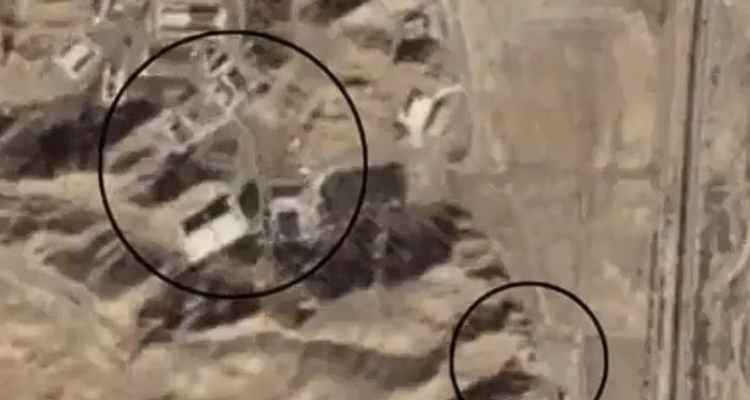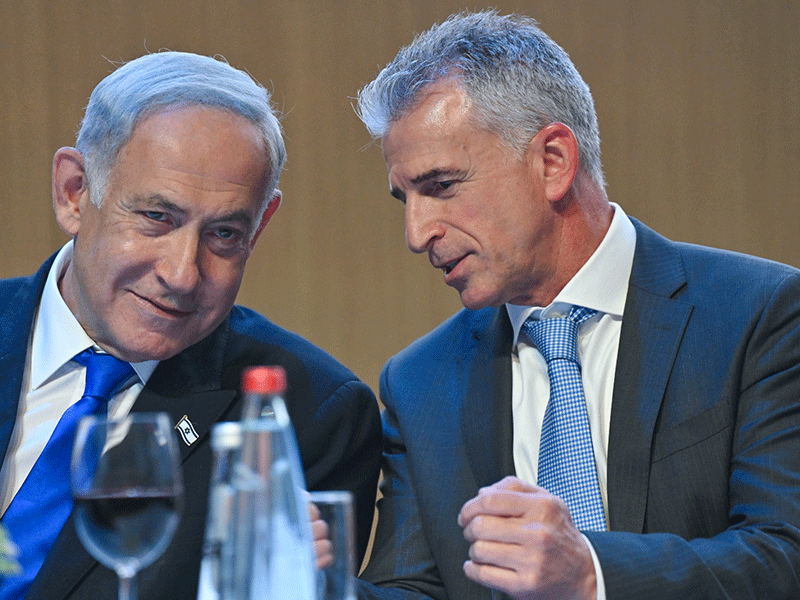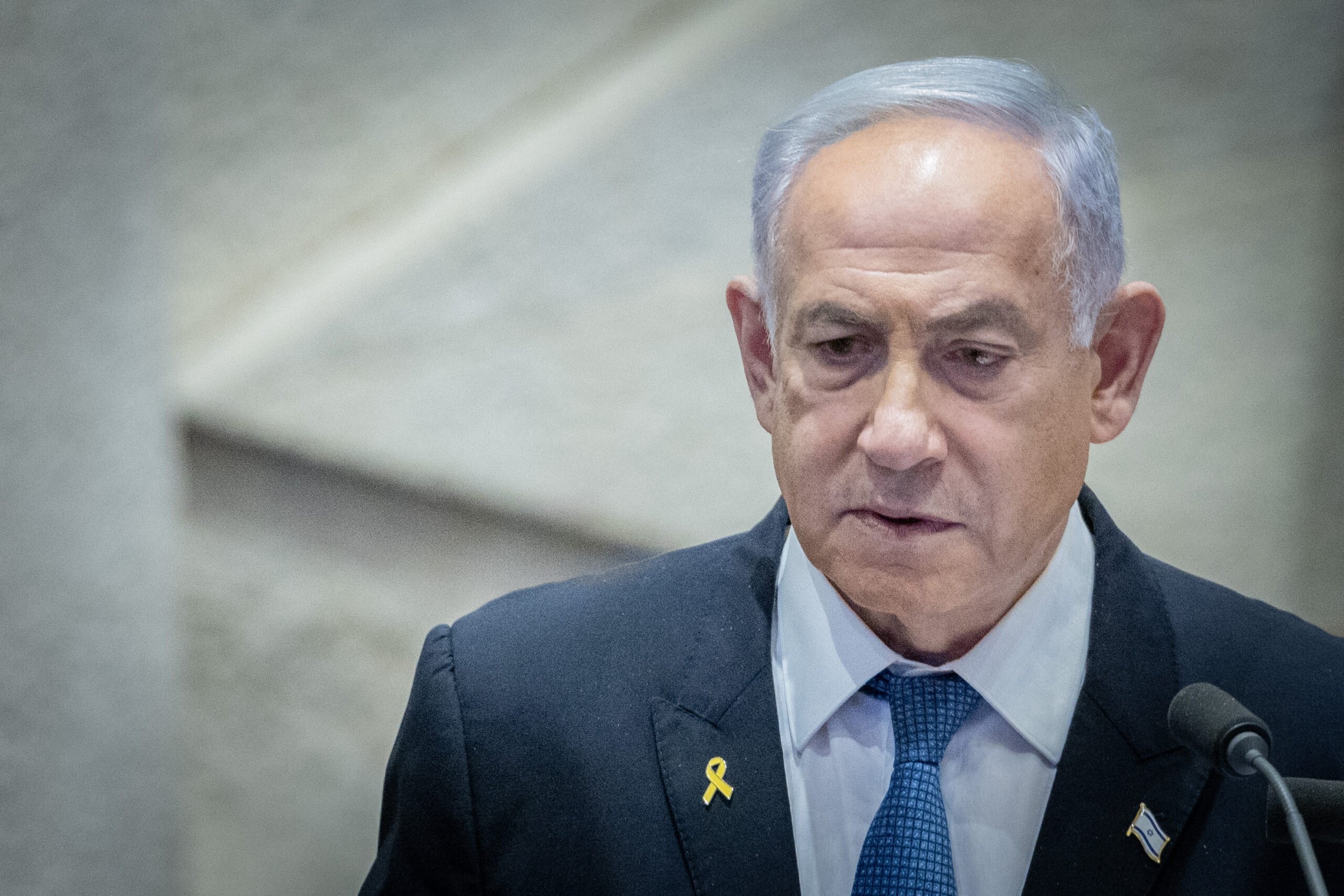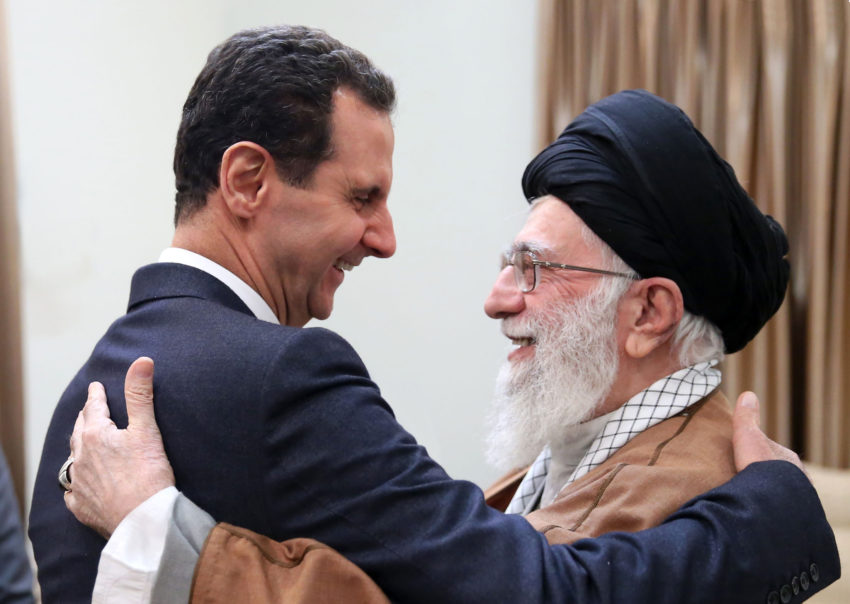ARTICLE AD BOX

The damage done to Iranian military sites following Israel's wave of strikes. (Twitter Screenshot)
(Twitter Screenshot)
After Houthi attacks, will Israel directly strike Iran?
Israel may wait until President-elect Donald Trump returns to office before launching a strike on Iranian soil.
By World Israel News Staff
Israel is weighing the option of directly attacking Iran, after two Houthi ballistic missile strikes in central Israel.
While the Houthis are based in Yemen, they are a proxy group of Iran that is supported logistically and financially by Tehran.
The hypersonic missiles used by the Houthis last week appear to feature advanced technology for evading detection and interception, which was almost certainly provided by Iran.
According to Hebrew-language media reports, Mossad head Dedi Barnea is urging Prime Minister Benjamin Netanyahu to directly strike Iran as a response to the Houthi attacks.
Notably, a series of Israeli strikes on Houthi-controlled ports and oil infrastructure in Yemen last week failed to deter the terror group from attacking Israel.
According to Channel 12 News, Tehran is gearing up for an Israeli strike on its soil.
The ceasefire with Hezbollah, previous Israeli strike that reportedly destroyed much of Iran’s air defenses, and weakening of Shia militia groups in Syria following the ouster of the Assad regime are all factors stoking Iranian concern that an Israeli attack is imminent.
Some analysts have speculated that Netanyahu may wait until president-elect Donald Trump returns to office on January 20th before launching a direct attack on Iran.
Maj. Gen. (res.) Yaakov Amidror, a former National Security Advisor of Israel, told Radio103 FM that Israel should focus on attacking Iran, rather than “wasting resources” on striking the Houthis.
“We need to give high priority to Iran. The damage the Yemenis are doing to us is really not that significant,” Amidror said.
“A country has to choose its wars, and we have a much more important war against Iran,” he added.
Amidror said the poverty and lack of infrastructure in Yemen, which has been ravaged by a nearly-decade long war between Saudi Arabia and the Houthis which killed an estimated 400,000 Yemenis, created a unique challenge for Israel.
Because the Houthis are already accustomed to “difficult conditions,” Amirdor said, attacks on their civilian infrastructure are far less effective than in a developed country.

 3 days ago
15
3 days ago
15









 English (US) ·
English (US) ·